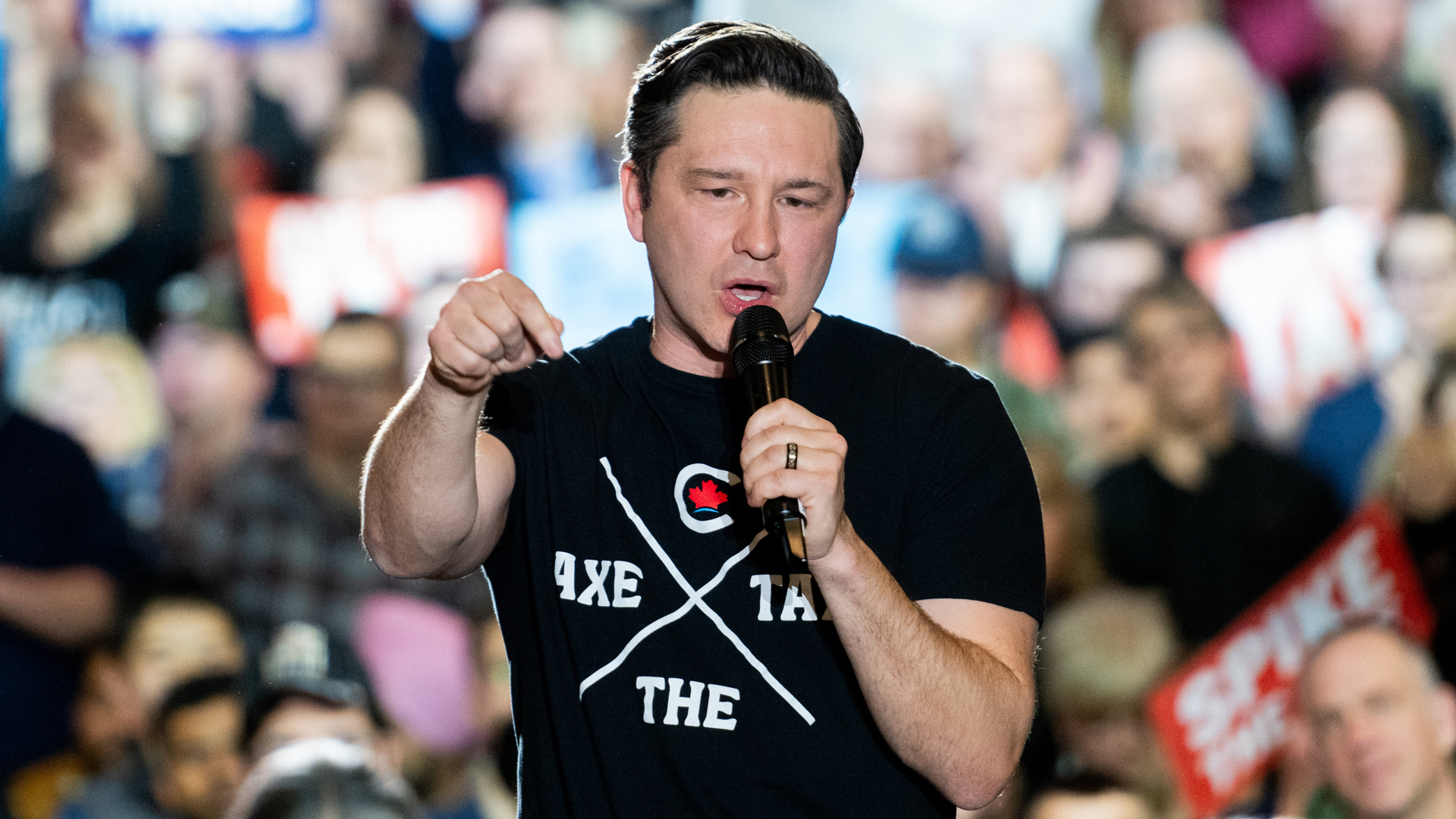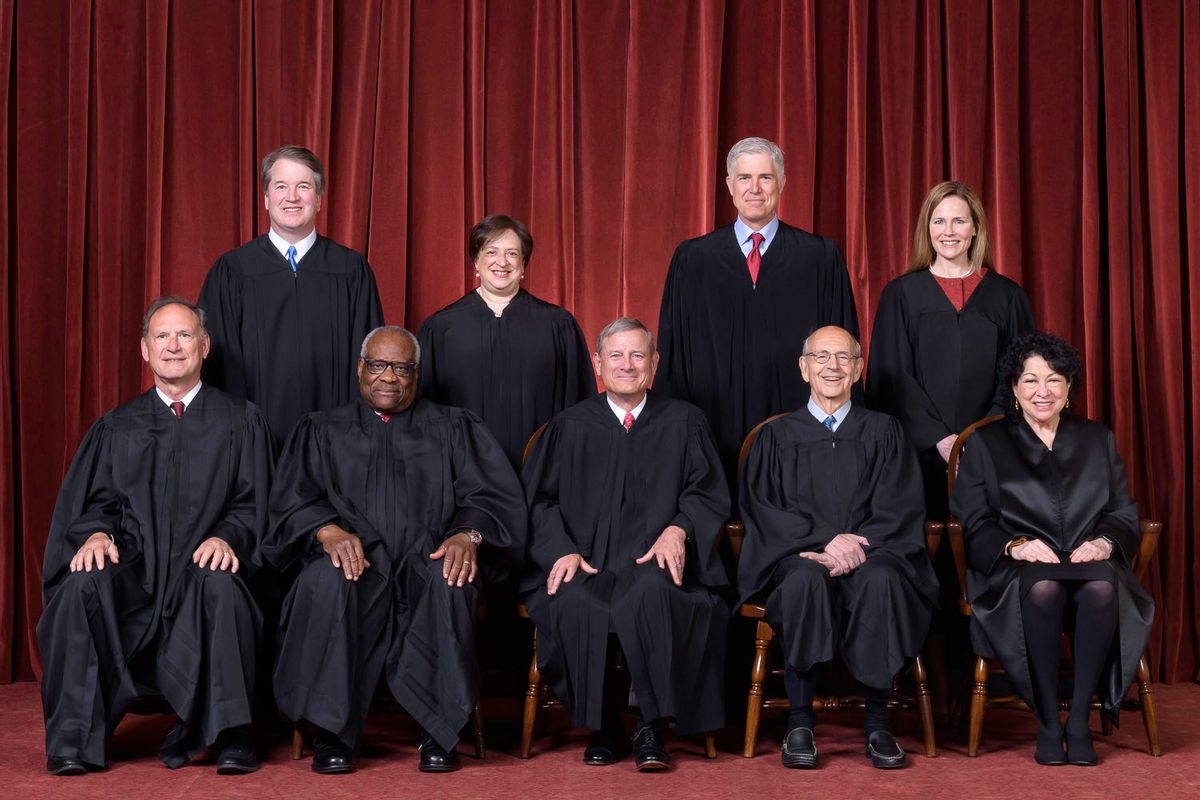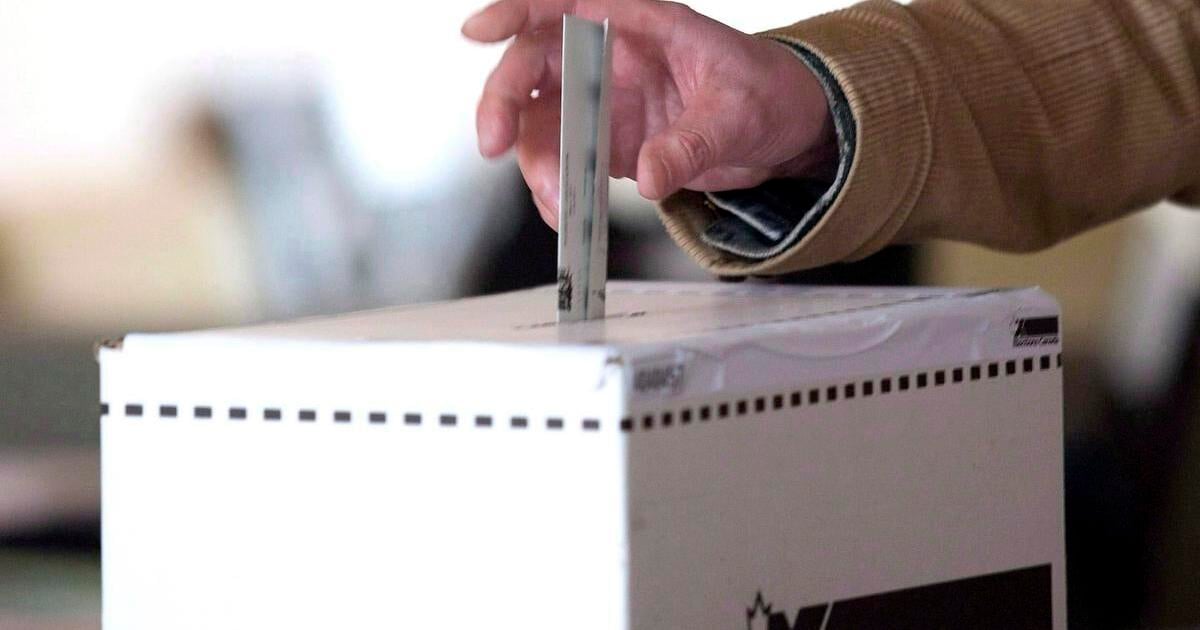|
Poilievre is saying the quiet part out loud: The Tories don't care about the companies. Companies don't vote or donate. But workers do.Pierre Poilievre speaks with workers at the AltaGas propane export facility. Image from Poilievre’s X account.
By: Ken Boessenkool
The Conservative Party of Canada is not, nor has it ever been, the party of big business.
This comes as a surprise to many.
Most people think of Conservatives as the party of big business. It’s built into age-old assumptions made by voters about conservative parties. This is particularly true of low-information swing voters — you know, the ones who decide elections. Not only do they assume it, for the most part, they don’t like it. It’s an epithet, not a compliment.
It’s kind of odd, because it’s not consistent with the voter coalition Pierre Poilievre has assembled. Across age groups in Abacus’s latest polling (thanks for the cross tabs, David Coletto!), Poilievre’s support is highest among millennials (ages 30-44), at 47 per cent. Millennials were a key demographic that made Justin Trudeau prime minister in 2015. Today they believe they’ll never own a home and are experiencing inflation for the first time in their lives. As a result, millennials are a key demographic that would make Pierre Poilievre prime minister if an election were held today.
Share
Across education levels, Poilievre’s support is highest among those who went to college at 47 per cent, and lowest among those who went to university at 41 per cent. The former are largely blue-collar workers (especially among men, where Poilievre’s support is at 49 per cent). In addition housing and inflation, these blue-collar men feel abandoned by the NDP because it spends more time talking about identity than inflation. (I’m relying on the Abacus survey conducted April 25 to 29, with 1,500 respondents).
There is a lot we can learn from these numbers, but here’s something that jumped out at me: Poilievre’s voter coalition is far from aligned with business interests — and he knows it.
That’s not new. The disconnect between big business and the Conservative Party of Canada goes back to its roots.
When Peter MacKay and Stephen Harper were negotiating the deal to create what would ultimately become the Conservative Party of Canada, Paul Martin was sweeping the leadership of the Liberal Party of Canada.
Every person who cared knew that Martin would win without raising a finger. Yet Martin still went out and raised $10 million dollars, nearly all from corporate Canada. Big banks ponied up $50,000. Each. Big oil companies ponied up $50,000. Each. Big telecom ponied up $50,000. Each. Membership in what was then the Business Council of National Issues — a trophy case of Canada’s biggest companies — was indistinguishable from a list of Paul Martin’s donors: $50,000 here, $50,000 there, $50,000 everywhere.
(This was a terribly bad bet, which got exposed when Paul Martin, Juggernaut became Paul Martin, Jugger-NOT.)
Most of the CEOs of these companies never met Stephen Harper before he became the leader of the Conservative Party of Canada. Only two or three of those companies made sizeable contributions to Harper’s leadership race, which was held just months after the coronation of Paul Martin. Harper raised $2.67 million, nearly all from small individual donors.
Poilievre and those critical to his success were there when the roots of the party he now leads took hold. To extend the metaphor, they helped plant the seeds that became those roots.
Then came the slow removal of corporate contributions to political parties.
Motivated by corporate duplicitousness in the Sponsorship Scandal and his abiding dislike for Martin, the wily Jean Chrétien limited the ability of corporate Canada to donate to political parties. Big corporate donations were replaced with big public subsidies
Harper, understanding both of Chrétien’s motivations, finished the job. He eliminated corporation donations, and, eventually, public subsidies to political parties. It crippled the Liberal Party of Canada for nearly a decade.
Share The Line
Eliminating corporate funding of politics presaged a fundamental shift in our politics: no political party cares that much about corporate Canada anymore. Companies cannot give money. Companies cannot vote.
Individuals — workers and customers — can do both.
It also presaged a shift in the type of economic issues discussed in politics today. We’ve seen it shift from macro-economic issues (employment, deficits/debt, trade and economic growth) to micro-economic issues (cost of living, service delivery and housing). Our politics have become much more individualistic. This is true for non-economic issues as well.
This shift is not well understood by corporate Canada, who also consider Conservatives the party of big business. It’s built into their assumptions. They like it. For them, it is a compliment, not an epithet.
Much of corporate Canada didn’t follow or understand the shifts that had occurred in our politics between prime minister Brian Mulroney and prime minister Harper. That was understandable, they had businesses to run and left politics to politicians. But this means that many senior corporate leaders during the early Harper years assumed that the Conservative Party of Canada was aligned with their company’s interests.
They were surprised to learn that the Conservative Party of Canada doesn’t care about individual companies, individual companies’ sales or individual’s companies’ profitability. Companies can’t vote. Companies can’t give money. The Conservative Party of Canada does care about those companies’ employees and customers. They can vote and give money.
Harper never really said this bit out loud. Poilievre has.
It came as a surprise to many. But it really isn’t a surprise at all.
Ken Boessenkool is a founding partner of Meredith Boessenkool Policy Advisors and has advised politicians from Preston Manning to Stephen Harper to Christy Clark and a few more in between.
The Line is entirely reader funded — no federal subsidy for us! If you value our work, have already subscribed, and still worry about what will happen when the conventional media finishes collapsing, please make a donation today.
| |







